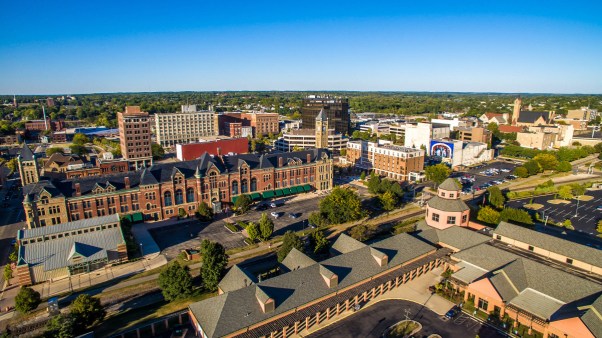If voter turnout is any indication, Americans don’t care that much about local elections. During presidential elections, about 60 percent of those eligible head to the polls. During midterms, it's only about 40 percent.
It gets worse. During municipal elections, voter turnout falls another 20 points, with only 1 in 5 of those eligible voting for mayor.
But local level politics—often affecting housing, transportation, education, and business—can have significant repercussions for communities. And it’s more than voting, says Stephen K. Reeves, the associate coordinator of partnerships and advocacy, for the Cooperative Baptist Fellowship.
Reeves advises Christians to start showing up at city meetings and spending time with their local leaders.
“In our current political climate in Washington, there’s so much gridlock,” said Reeves. “People often turn to the state and local level to get things done, [the level] where you have more problem solvers, people who are more about making a difference in a more immediate way, versus [fighting] an ideological battle that may [exist] at the national or state level.”
Reeves joined Morgan Lee and guest host Richard Clark on Quick to Listen to discuss what happens when your political opponent shows up at your church, why policymakers’ responsiveness depends on their proximity to people, and how churches can make the most effective cases to local officials.
Additional Reading









